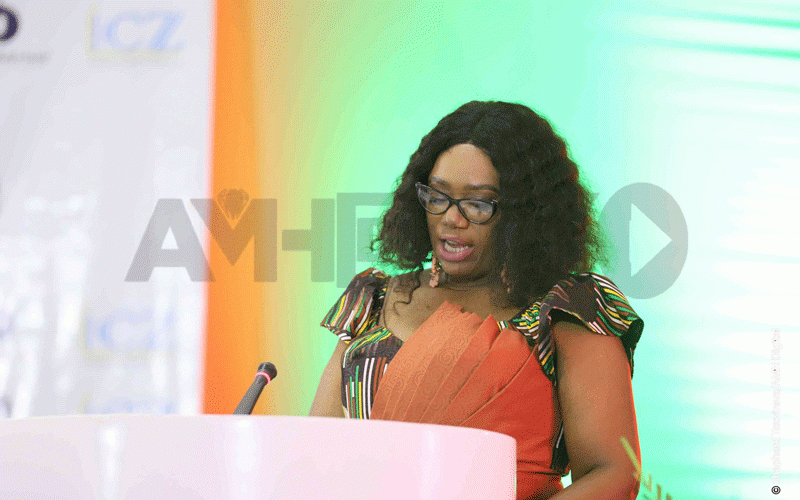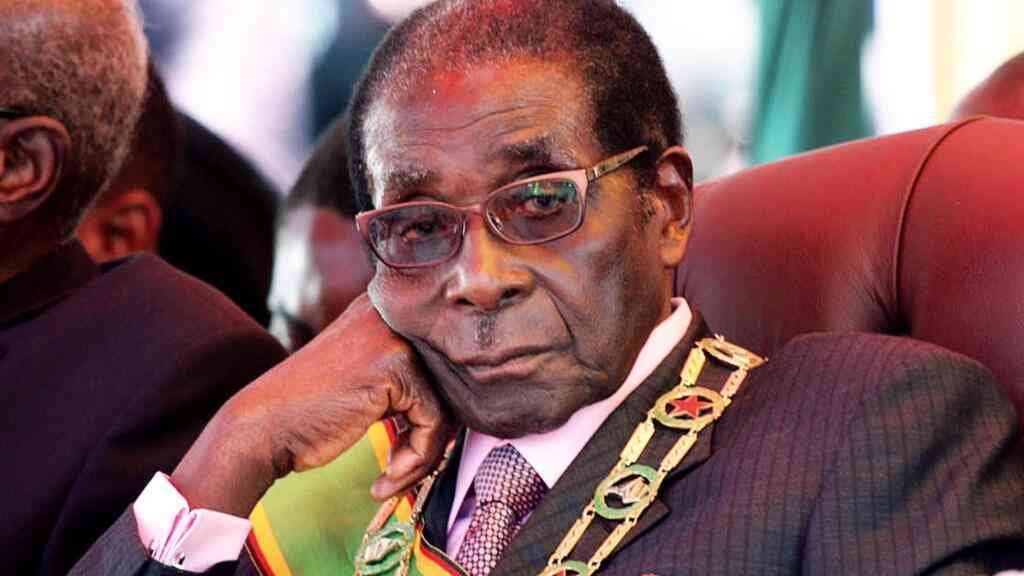
April 18 1980 just after midnight, Zimbabwe became independent. This ended 90 years of white colonial domination.
Also, 15 years of “illegal independence” came to an abrupt end. The celebrations marked the end of a bloody war that killed more than 30 000 people. It destroyed hundreds of schools, clinics and hospitals, leaving over one million people homeless.
As then prime minister Robert Mugabe took oath of office at Rufaro Stadium in Harare, about 35 000 Zimbabweans cheered on.
Thousands more were barred. Some were dispersed using tear gas. The atmosphere was just electric. I was 10 years old but I vividly remember the cheer that gripped the country.
My grandparents’ house in Kambuzuma was one of the homes that accommodated former Zipra cadres before they were integrated into the national army.
The crowds roared with excitement as a 21-gun salute accompanied the hoisting of the new flag.
According to an article by the Washington Post dated April 18 1980: “Mugabe’s rival guerrilla leader, Joshua Nkomo, appeared to be near tears as the flag went up” at the ceremony presided over by then Prince Charles, who is now Britain’s King Charles III.
The late Bob Marley performed in front of a bumper crowd that included heads of state and government, and other high-level representatives from over 100 countries.
- Edutainment mix: The artist in the child policy formulation context
- Edutainment mix: The artist in the child policy formulation context
- In the groove: Bob Marley continues to rule from the grave
- Mambo Chivero Zim’s new mbira music ambassador
Keep Reading
Mugabe warned the black majority not to expect immediate changes.
“I must ask you to be patient and allow my government time to organise the programme that will effectively yield change,” he said.
But the euphoria quickly died as Mugabe ruled with an iron fist. His rule was ruinous through bad economic policies, corruption and bad governance.
The once jewel and bread basket of Africa was reduced to a basket case; a mere butt of jokes.
Zimbabwe celebrated 43 years of independence this week amid high unemployment levels, rising poverty and a yawning widening gap between the rich and poor, currency volatilities and high inflation rate.
The Economic Structural Adjustment Programme (Esap) worsened the economic situation in the 1990s. The value of a Zimbabwe dollar in 1980 was at par with the British pound sterling and you needed US$1,60 to buy one Zimdollar. Now it stands at US$1:ZW$989 on the official market and US$1:ZW$1 600 on the parallel market.
This year the commemorations have been spoiled by a biting economic malaise. The yesteryear gains in health, education and infrastructure development have been tremendously eroded by a sea of poverty and population suffering from anxiety and depression. The high number of people living in extreme poverty, school drop-outs, preventable causes of deaths and high stress levels are some of the critical problems needing urgent attention.
Food prices have jumped in recent months to alarming levels, leaving many households clutching at straws.
Corruption, according to Transparency International Zimbabwe, cost the country more than US$1 billion annually through illicit financial flows (IFFs). The recent Al Jazeera Gold Mafia documentary exposed some behind the scenes alleged corrupt activities.
Millions of Zimbabweans are economic refugees across the globe. For President Emmerson Mnangagwa, although there have been some positive moves to stabilise the economy since he came into power in 2017, his administration, has failed to break the poverty trap. With elections beckoning in three to four months, whoever or whichever party wins, they have a herculean task to bring the country back to the 1980s and 1990s living standards.
First, the production levels of key commodities that increase export earnings must be boosted, the power crisis resolved by investing in renewable energy, manufacturing sector revived, ease of doing business improved and political stability guaranteed.
But everything is dependent on how the forthcoming elections are conducted. They must be free, fair and credible.
The post-election period is also critical. I want to conclude by quoting Mugabe’s acceptance speech on April 18 1980; never mind he did not stand by it.
"The wrongs of the past must now stand forgiven and forgotten. If yesterday I fought you as an enemy, today you have become a friend and ally with the same national interest, loyalty, rights and duties as myself.
"If yesterday you hated me, today you cannot avoid the love that binds you to me and me to you.”
We need to foster unity, peace and love for our nation.Zimbabwe must move forward. We cannot be in perpetual election mode.







